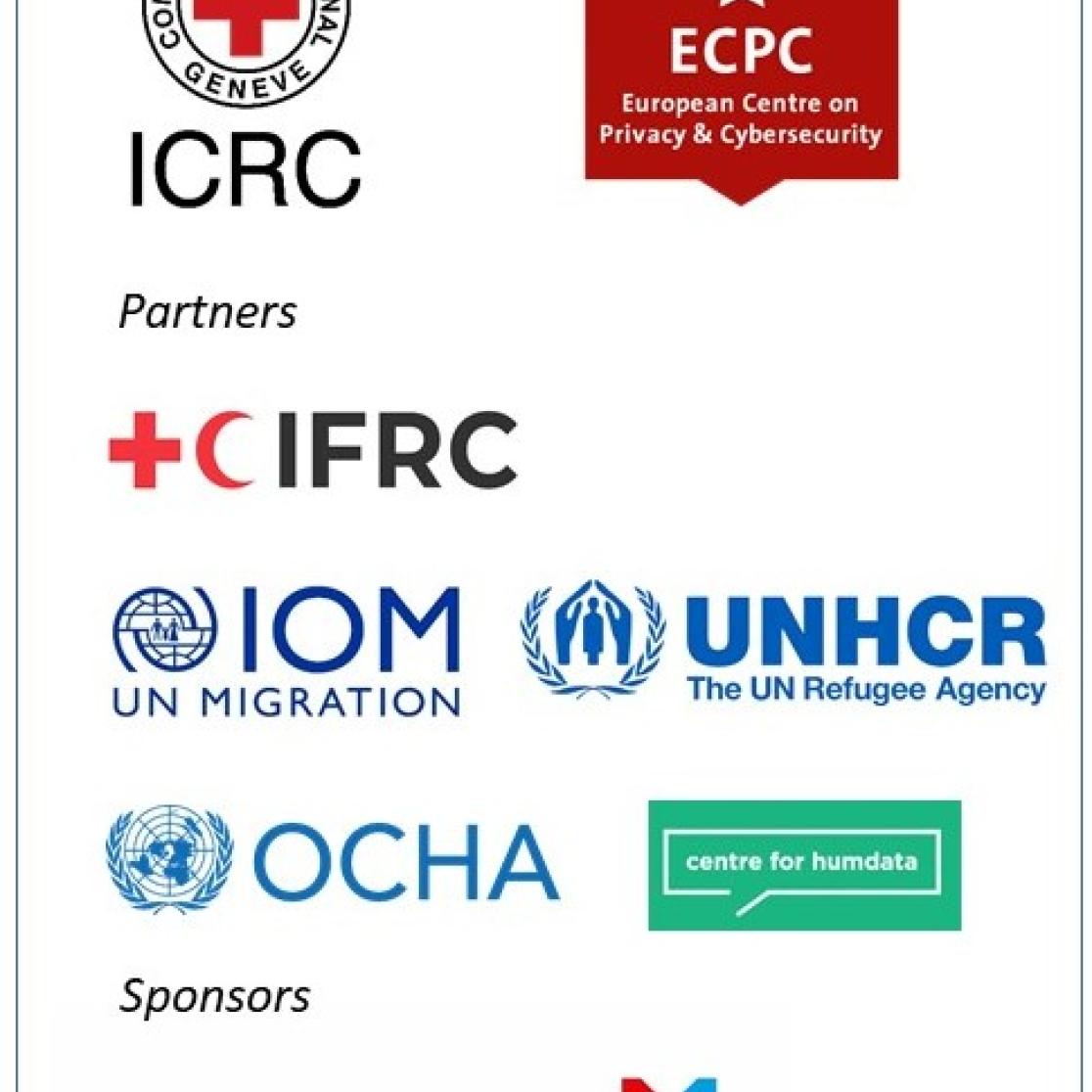Data Protection Officer (DPO) Humanitarian Action Certification
Upcoming courses
3-7 November 2025, Kenya
Protecting individuals' personal data is an integral part of protecting their life and dignity. This is why personal data protection is of fundamental importance for humanitarian organizations. Recent developments in new technologies have meant that the processing of ever-increasing quantities of personal data in an interconnected world has become easier and faster, and this has given rise to enormous opportunities to make the work of humanitarian organisations more effective and efficient, in the interest of the people they serve. This, however, has also given rise to concerns about the possible harm and harmful unintended consequences generated by such new technologies and intrusion into the private sphere of individuals and to regulatory efforts worldwide to respond to these concerns.
The European Centre on Privacy and Cybersecurity (ECPC), Maastricht University Faculty of Law and the Data Protection Office at the International Committee of the Red Cross (ICRC DPO), in cooperation with the United Nations Office for the Coordination of Humanitarian Affairs (UNOCHA) Centre for Humanitarian Data, the International Organization for Migration (IOM), the International Federation of Red Cross and Red Crescent Societies (IFRC) offer this training and certification programme specifically designed for Data Protection Officers in Humanitarian Action.
It is not intended to replace compliance with applicable legal norms, or with data protection rules, policies and procedures that a particular organization may have adopted. Rather, the handbook seeks to raise awareness and assist humanitarian organizations in ensuring that they comply with personal data protection standards when carrying out humanitarian activities, by providing specific guidance on the interpretation of data protection principles for humanitarian action, particularly when new technologies are employed.
During the International Conference of the Red Cross and Red Crescent Movement, in December 2019 a clear call emerged for Data Protection literacy and standards to be disseminated more broadly and effectively within the Movement. In response to this call, a training curriculum has been developed building on the Handbook. The European Centre on Privacy and Cybersecurity (ECPC), Maastricht University Faculty of Law and the Data Protection Office at the International Committee of the Red Cross (ICRC DPO), in cooperation with the International Federation of Red Cross and Red Crescent Societies (IFRC), the United Nations Office for the Coordination of Humanitarian Affairs (OCHA) Centre for Humanitarian Data, and the International Organization for Migration (IOM) and the UN Refugee Agency (UNHCR) offer this training and certification programme specifically designed for Data Protection Officers in Humanitarian Action. This course is made possible with the support of the Directorate for Development Cooperation and Humanitarian Affairs of the Luxembourg Ministry of Foreign and European Affairs.

Also read
-
Graduate School of Law Annual BBQ
Annual BBQ for the Graduate School of Law
22 Aug -
Conversations on Alternative Legal Education: Law and Cinema
The Conversations aim to create a space for an agile and open discussion among legal educators interested in the use of alternative instruments of teaching. Speakers will share their experiences by discussing methodological choices, challenges, and lessons learned. All attendees are invited to...
16 Sep -
CIROC Seminar
Tijdens het CIROC-seminar dat plaatsvindt op woensdag 17 september in de Debatpodium Arminius in Rotterdam staan drie thema’s centraal: het fenomeen ondergronds bankieren, de netwerken en financiële facilitators die bij dubieuze financiële transacties zijn betrokken en de strategieën en aanpak die...
17 Sep